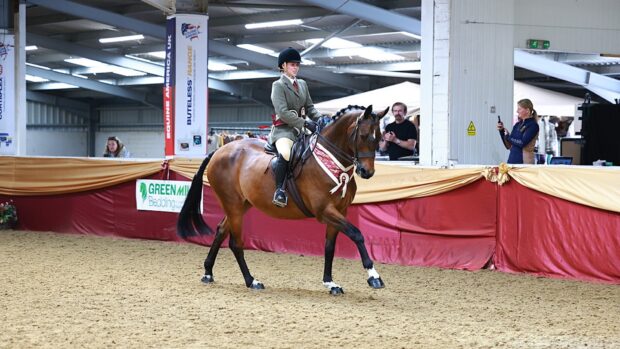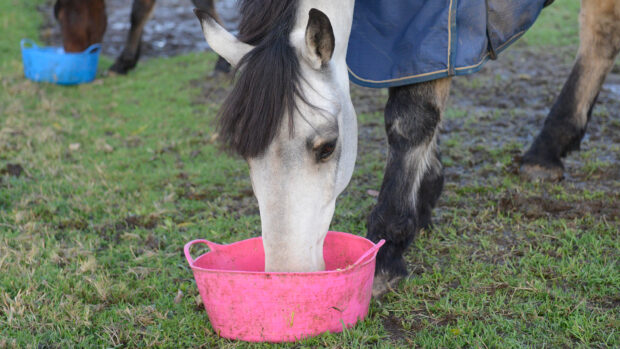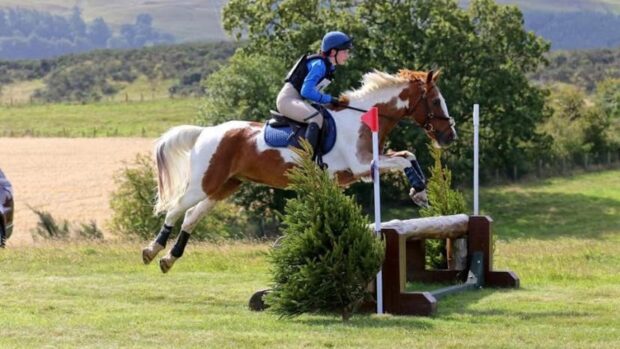As the evenings draw in and temperatures drop, keeping veteran horses in tip top condition can prove more of a challenge. Nicky Jarvis, head vet at equine charity Redwings, gives her advice for caring for your senior horse:
1. Changes in condition can be quite subtle and easy to miss if you see your horse every day. Use a weightape or body condition score chart regularly (once a week is ideal) to ensure you don’t miss anything.
2. Older horses should have more regular visits from an equine dental technician to keep their teeth in good condition. Annual appointments are ideal until your horse begins to lose teeth, at which point check ups every six months become necessary to prevent dental overgrowths. Signs of dental problems can include quidding, food pocketing, taking longer to finish his meal, bad breath and refusal to drink cold water/feed.
3. If dental problems mean your horse is taking longer to finish his meal, ensure other horses don’t push him away before he’s done. Consider making him a separate corral or taped off section of the field where he can eat in peace.
4. Veterans can be more susceptible to worm infestations, which can cause weight loss, so take regular worm egg counts and worm accordingly.
5. If your horse has been diagnosed with dental problems and you are having to feed soaked high fibre, always ensure the food is soaked fresh daily, as soaked feeds can quickly go off. If it smells unappealing to you, it will smell unappealing to him.
6. Soaked feed will become incredibly chilled overnight in winter and if your horse has a painful mouth you can’t blame him if he refuses to eat it. People with sensitive teeth don’t enjoy ice cream for the same reason. The solution? Add a little warm water to the feed just before serving.
7. If your horse is unable to eat long fibre and you are using replacement chopped fibre feeds, try wherever possible to mimic trickle feeding — ideally divide the daily ration into as many small feeds as you can manage to deliver and enlist others on the yard to help you.
8. Horses with arthritis in their neck or forelimbs may have trouble bending down to eat from a bucket on the floor. Hanging a manger or feed bucket from the top rail of the fence or stable door will mean he no longer needs to lower his head and can eat much more comfortably.
Get more useful feeding advice throughout Horse & Hound Feed Week, which is running from Monday 25 September to Sunday 1 October



